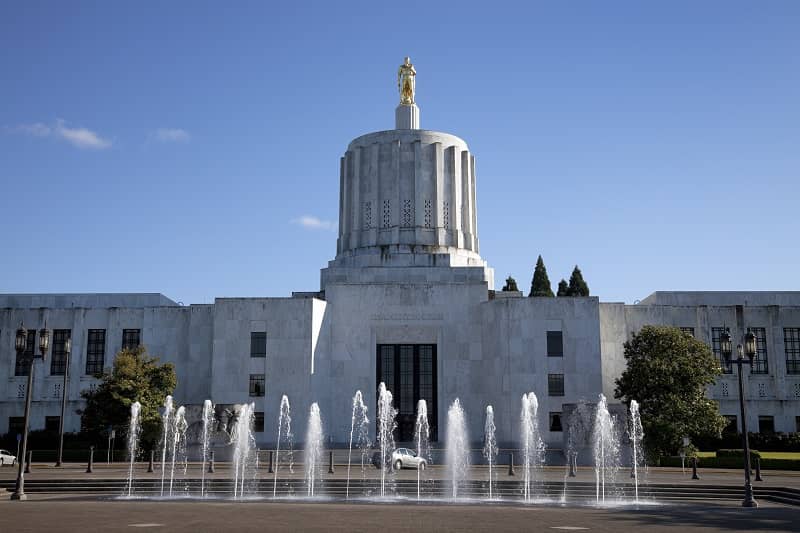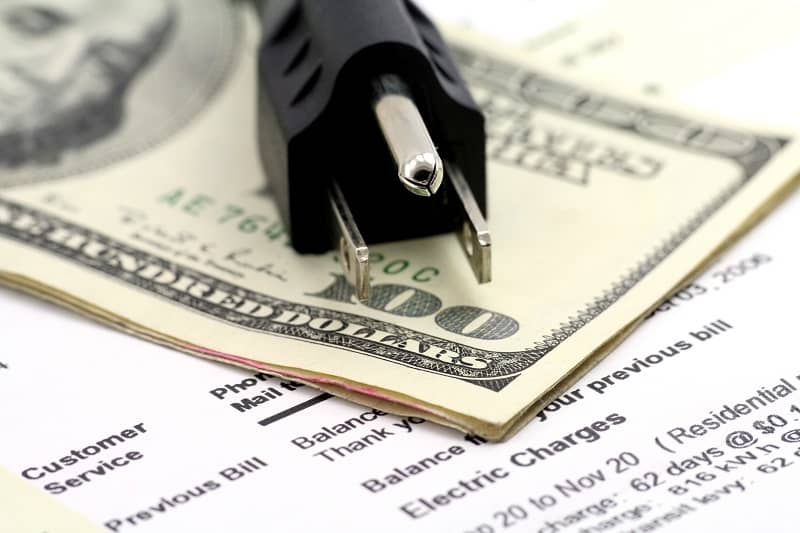By John A. Charles, Jr.
In 2018, local voters approved the creation of a Portland Clean Energy Fund (PCEF) that would spend money on projects claiming to “reduce carbon emissions, create economic opportunity, and help make our city more resilient as we face a changing climate.” The money for the Fund would come from a gross receipts tax on large retailers doing business in the city.
The Fund was originally projected to raise about $50 million annually, but in fact it is now generating twice that amount. From 2023 to 2028, PCEF is expected to distribute an estimated $750 million across seven funding categories: energy efficiency and renewable energy; transportation decarbonization; green infrastructure; climate jobs; regenerative agriculture; capacity building; and other carbon reducing projects.
Last week a “Climate Investment Plan” was presented to City Council, showing in general terms where PCEF managers plan to spend the money. There was very little in the Plan that was new or original. For the big-ticket items – conservation and renewable energy, which will receive $474 million – work is already being done by the Energy Trust of Oregon, a $200 million/year organization that has been in operation for the past two decades.
But project usefulness was never a serious consideration for PCEF. The primary reason for establishing the Clean Energy Fund in the first place was simply to redistribute wealth – from retailers and their customers, to a small group of politically preferred non-profit advocates. More than 99% of Portland residents will never benefit from the Fund.
With so much “free” money on the table, public hearings naturally attract a lot of support from those who will likely be grantees. But two individuals who will definitely not be receiving any grants took the time to offer detailed critiques of the Fund to members of the City Council: Eric Fruits, an economist and adjunct scholar with Cascade; and Todd Myers, director of the Environmental Center at Washington Policy Center.
Dr. Fruits (who is a Portland resident) considers PCEF a total waste of money and urged the Council to abolish it through their own authority. Todd Meyers showed that if reducing “greenhouse gas” emissions is the goal, the proposed spending by PCEF is an extremely expensive way to do it.
John A. Charles, Jr. is President and CEO of Cascade Policy Institute, Oregon’s free market public policy research organization.












